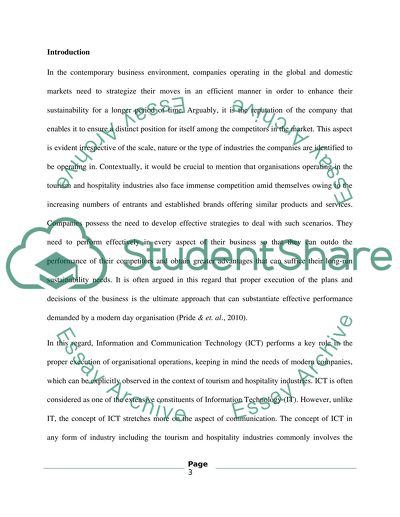Cite this document
(“How ICT Is Applied To The Tourism And Hospitality Industries Essay”, n.d.)
How ICT Is Applied To The Tourism And Hospitality Industries Essay. Retrieved from https://studentshare.org/tourism/1489873-how-ict-is-applied-to-the-tourism-and-hospitality-industries
How ICT Is Applied To The Tourism And Hospitality Industries Essay. Retrieved from https://studentshare.org/tourism/1489873-how-ict-is-applied-to-the-tourism-and-hospitality-industries
(How ICT Is Applied To The Tourism And Hospitality Industries Essay)
How ICT Is Applied To The Tourism And Hospitality Industries Essay. https://studentshare.org/tourism/1489873-how-ict-is-applied-to-the-tourism-and-hospitality-industries.
How ICT Is Applied To The Tourism And Hospitality Industries Essay. https://studentshare.org/tourism/1489873-how-ict-is-applied-to-the-tourism-and-hospitality-industries.
“How ICT Is Applied To The Tourism And Hospitality Industries Essay”, n.d. https://studentshare.org/tourism/1489873-how-ict-is-applied-to-the-tourism-and-hospitality-industries.


